Most Legendary Retired College Coaches of All Time
A legendary coach is defined by more than wins or championships. Their influence extends to how players develop, how programs sustain success, and how the sport itself evolves. These coaches create standards that last beyond their careers. Their impact is measured not only in records but in the generations of athletes and coaches who carry their lessons forward.
John Wooden
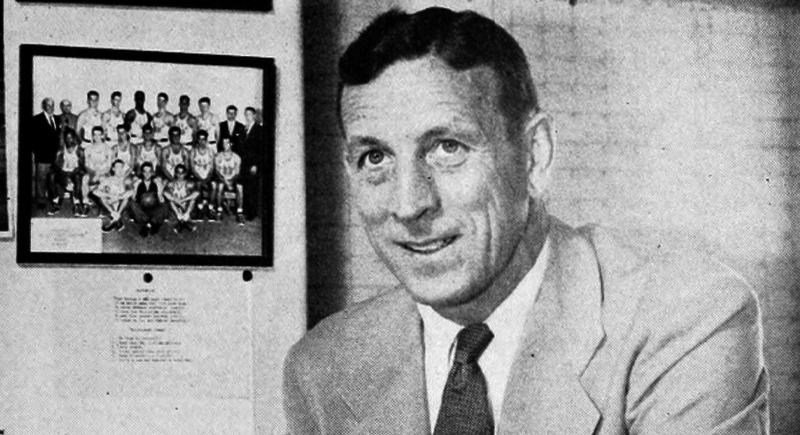
Image via Wikimedia Commons/Associated Students
Few coaches changed a sport as profoundly as John Wooden did for college basketball. At the University of California, Los Angeles (UCLA), he claimed 10 NCAA national championships in 12 years, including an unmatched streak of seven in a row. He turned UCLA into a dynasty and left behind a blueprint for excellence.
Pat Summitt
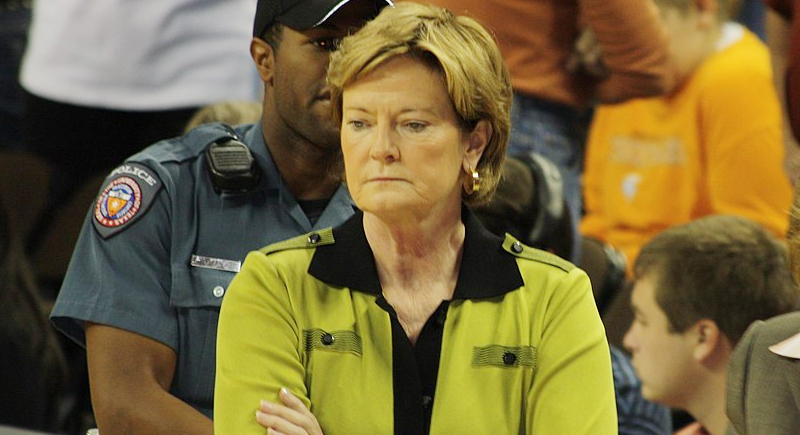
Image via Wikimedia Commons/aaronisnotcool
At the University of Tennessee, Summit built a powerful women’s basketball program with 1,098 career wins and eight national championships. Pat never had a losing season in her 38 years, and she changed people’s view of what women’s college athletics could achieve.
Amos Alonzo Stagg
This was a true pioneer. Amos coached at the University of Chicago for decades, introducing tactics and tools still relevant in football today. His career spanned 40 years, from 1892 to 1932, and helped shape the sport itself during his 71-year career.
Paul “Bear” Bryant
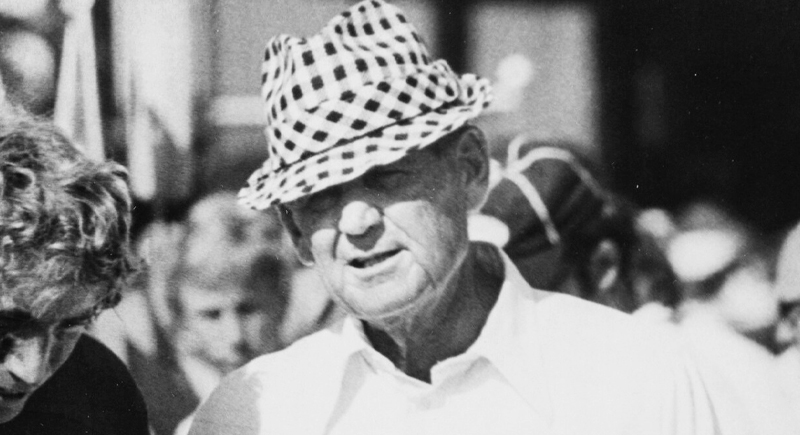
Image via Wikimedia Commons/Malcolm W. Emmons
At the University of Alabama, Bear won six national championships and 13 SEC titles, becoming a legend in college football. His name is still synonymous with how a winning culture is built and sustained.
Jerry Tarkanian
Known as “Tark,” he turned the UNLV Runnin’ Rebels into a force in men’s college basketball, winning the 1990 national title and regularly pushing against the large programs with grit and style. His ability to build up underdogs and challenge power players gave his career a unique edge.
Bobby Bowden
At Florida State University, Bowden compiled 377 wins and led the Seminoles to two national championships in 1993 and 1999. He made FSU a perennial contender and infused the program with charisma and bold offensive thinking.
Nick Saban
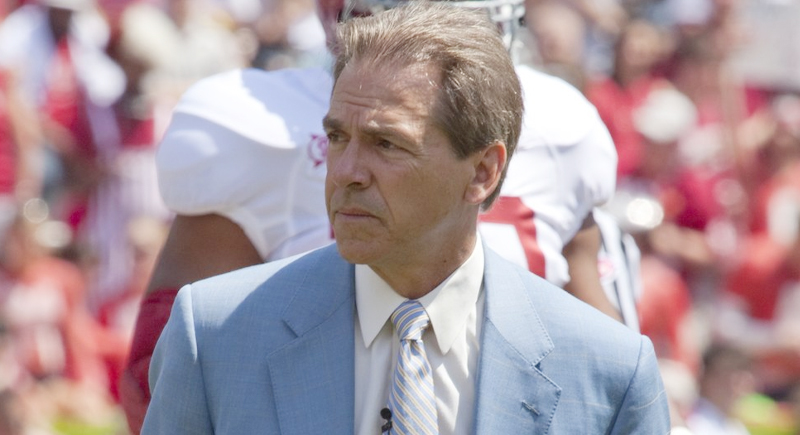
Image via Wikimedia Commons/Carol M. Highsmith
While some may argue about the “retired” tag, Nick recently stepped away after a historic run. He earned seven national championships and etched his name alongside the game’s all-time greats. His legacy lives in how programs manage talent, expectation, and execution.
Knute Rockne
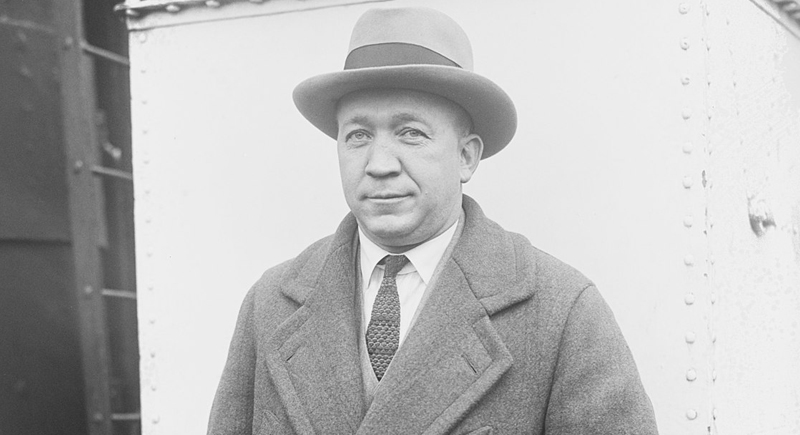
Image via Wikimedia Commons/Bain News Service, publisher
As the face of early college football at the University of Notre Dame, Knute compiled an amazing winning percentage of .881 and claimed three national titles in 1919, 1924, and 1929. He helped shape how football would be played and perceived in America.
LaVell Edwards
At Brigham Young University, Lavell turned the program into a national contender, introduced a pass-heavy offense in an era of run-dominance, and won the 1984 national championship. His willingness to change the play style helped open doors for modern offensive thinking.
Vince Dooley
At the University of Georgia, Vince recorded 201 wins, a national championship in 1980, and six SEC titles during his head coaching tenure. He built one of the most respected programs in the South.